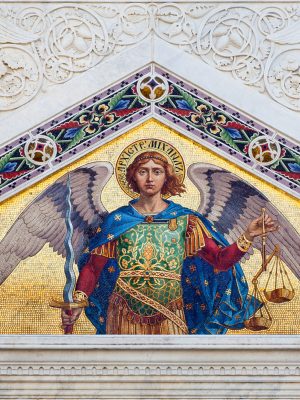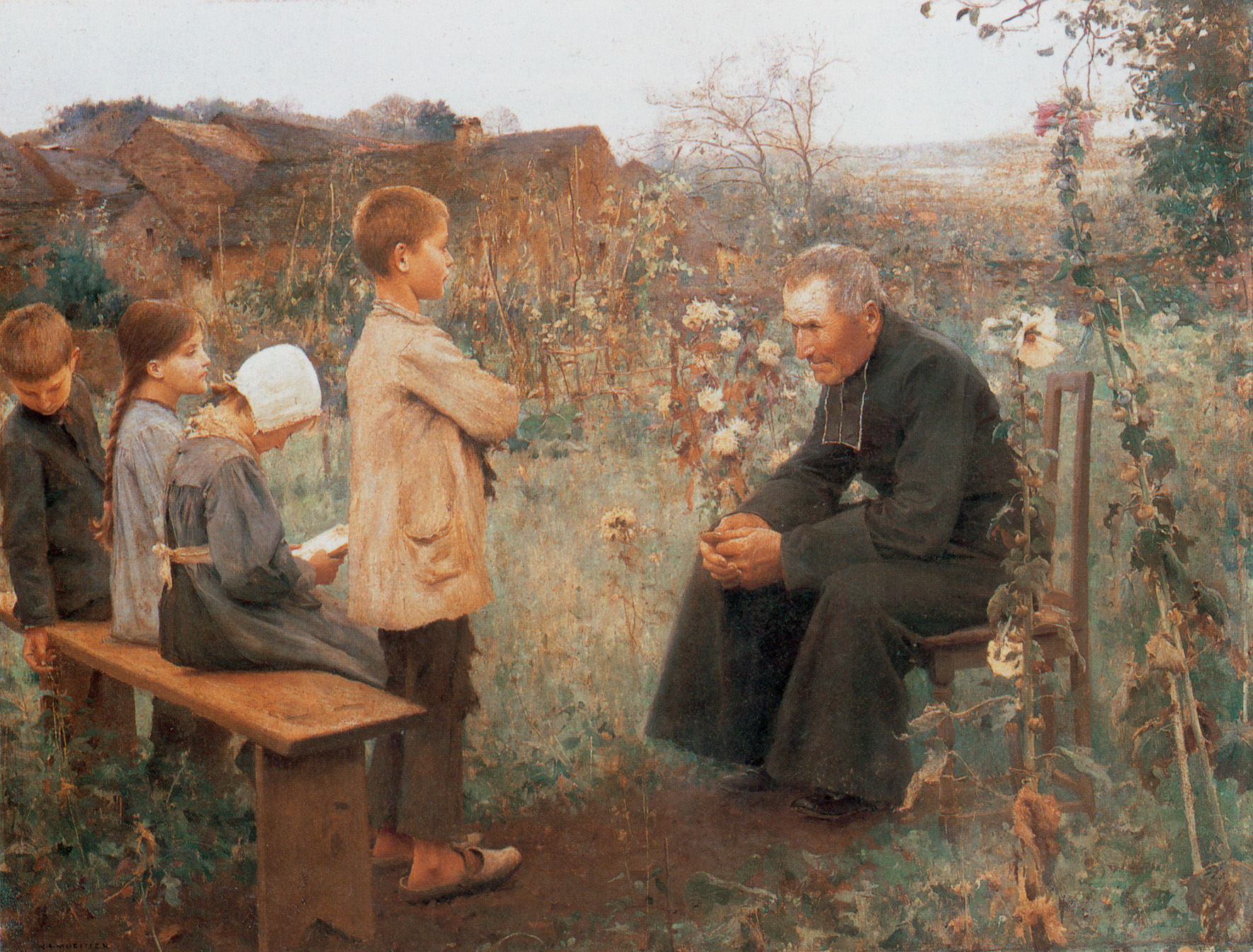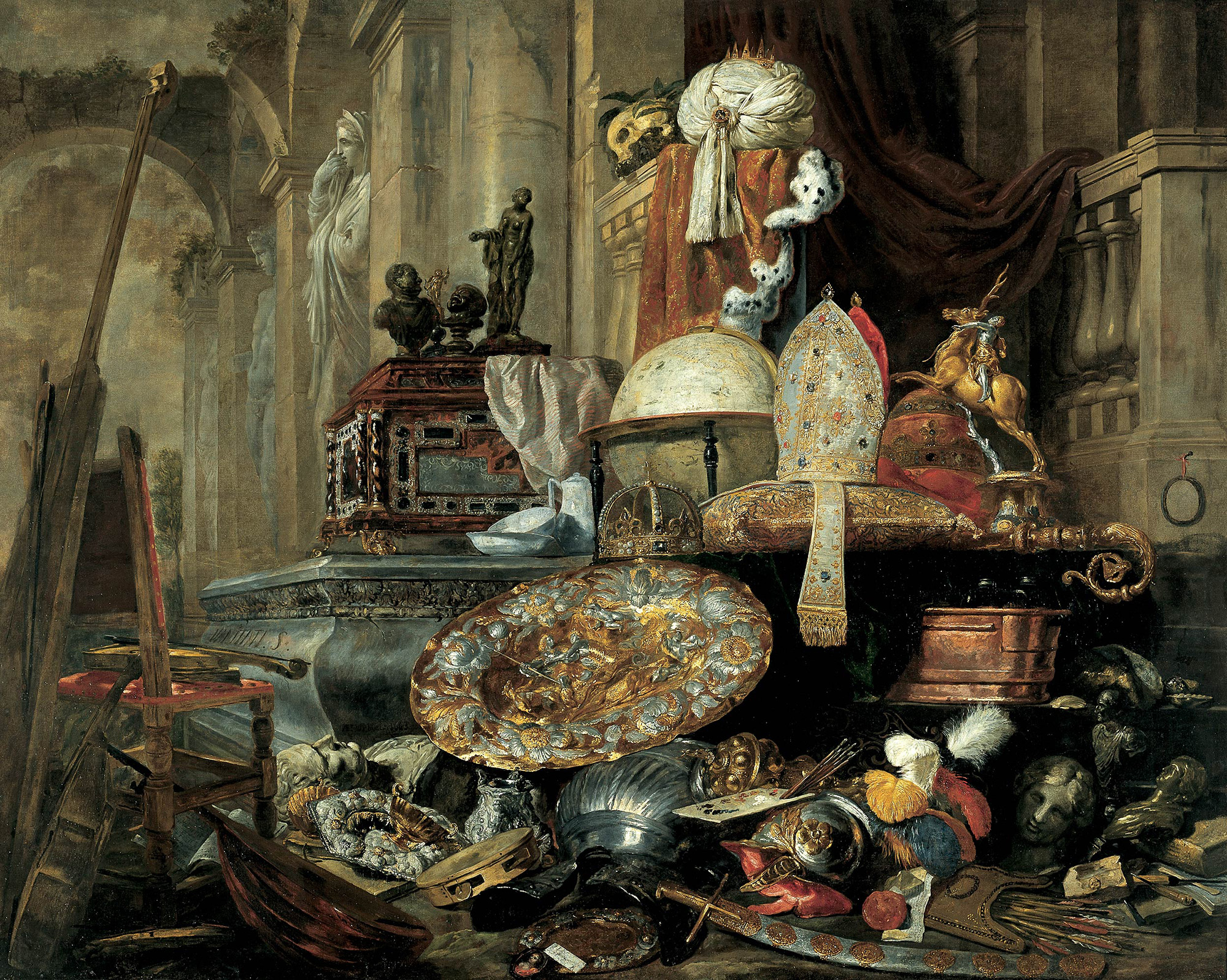Bring the powers of your imagination to bear: your adorable, sweet baby matures into a young man who unpredictably commits a wicked crime despite all your efforts to raise him as an honorable citizen. You once clothed him in cute overalls, dressed him in a fine suit for his first Communion, helped him buy his first suit and tie for a homecoming dance, and even straightened his bowtie on his wedding day.
And now he wears an orange jumpsuit with a chilling prisoner number on his back. You once taught the little one to walk, caught him when he stumbled, and put his first little shoes on his tiny feet. You patiently taught him to tie his shoes. You showed your little man how to polish his shoes—and even how to dance. But now you hear the clanking of shackles around his ankles as you watch him shuffle little steps like a child learning to walk again. And those little hands that once covered the walls with finger painting, that reached up and held your own as you walked through a busy parking lot, you taught them to make the sign of the cross and to fold together reverently while kneeling in a pew.
But now handcuffs hold them together. In the eyes of the world, your little one is a criminal, deserving of a lifetime of loneliness and isolation, removed from all that is good and holy. Imagine the fate that awaits your beloved son: a cold, sterile room, surrounded by other vile criminals that do not care for your little one but will use and abuse him for an unbearable time. And you, as father and mother, can no longer protect him. You cannot take those little hands and lead him to safety. Your time is over. Everything in life you care about is dehumanized and shackled, helplessly guilty before a judge. All that you love is in the judge’s hands and his alone.
Visualizing such a moment might send shivers down your spine. Perhaps you even find it unfair for the author to put such an unforgiving image in your mind. Perhaps you find it even absurd. And yet, what you may or may not know is that your little one has committed a wicked crime. It is called a venial sin—even the slightest, tinniest of venial sins. And the judge is Almighty God.
If you consider these words about venial sin as mere hyperbole, consider the piercing reminder of St. John Henry Newman: “[The Catholic Church] holds that it were better for sun and moon to drop from Heaven, for the earth to fail, and for all the many millions who are upon it to die of starvation in extremest agony, as far as temporal affliction goes, than that one soul, I will not say, should be lost, but should commit one single venial sin, should tell one wilful untruth . . . or steal one poor farthing without excuse.”[1]
As a sinner myself, and as a parent of many adorable sinners, I am attempted to deafen my ears to the Church’s authority, the voice of the saints, and the great minds that have grappled with sin and judgment for two thousand years. But upon reflection, shall I really conclude that I know better than all the wise souls before me? Shall I really conclude that sin is not as horrid as these brilliant and saintly men and women have claimed? Pride has one goal: to lessen your fear of judgment.
Scripture is covered with the holy men and women quaking in fear of judgment. The great King David, the man after God’s own heart, declared, “Enter not into judgment with thy servant: for in thy sight no man living shall be justified” (Ps 142:2). And Job, a man who knew suffering better than us all, said, “What shall I do if God arises to judge me? What am I that I should answer Him? I cannot answer Him one for a thousand.”
God’s judgment is a heavy subject. But is not worldly judgment also a weighty topic? As a good lawyer prepares his client for what is to come before the tribunal, so too can a solid parenting book help you prepare your little one for particular judgment. Father Martin von Cochem provides six reasons that “strike terror into the soul when she is summoned to the particular judgment.”
- The soul fears because she knows her Judge to be omniscient;[2] that nothing can be concealed from Him, nor can He be in any way deceived.
- Because her Judge is omnipotent;[3] nothing can withstand Him, and no one can escape from Him.
- Because her Judge is not merely the most just, but the most strict of judges, to whom sin is so hateful that He will not allow the slightest transgression to pass unpunished.
- Because the soul knows that God is not her judge alone, but also her accuser; she has provoked Him to anger, she has offended against Him, and He will defend His honor and avenge every insult offered to it.
- Because the soul is aware that the sentence once uttered is irrevocable; there is no appeal for her to a higher court, it is useless for her to complain of the sentence. It cannot be reversed, and whether adverse or favorable she must accept it.
- The powerful reason of all why the soul fears to appear before the judgment seat is because she knows not what the sentence of the Judge will be. She has far more cause to fear than to hope. And all thought of help is now over. Forever, forever lost; forever, forever damned![4]
Yes, Dear Parent, strike the fear of judgment into your child’s soul, but never, never for ghoulish or melancholic reasons. Rather, you must remind your child of judgment so that he not only knows but feels the eternal consequence of his actions. Your child, due to his original sin, makes the horrible mistake of seeing his actions as contained to this world. But our heavenly Father has given your little one an earthly father and mother to correct this error. Just as you so lovingly teach your child the long-term consequences of diet, education, and good and bad friendships, you must persistently plead with him to see the eternal consequence of every single action.
Dear Parent, hear me: nothing escapes God’s watchful eye. Everything your little one ever does is inscribed into the eternal Judge’s ledger. And to allow your son or daughter to ever think anything else, I dare say, is child abuse.
Source: Parenting for Eternity by Conor Gallagher, Published by TAN Books (cf. Chapter 1, the Four Last Things, Judgment).

[1] John Henry Newman, Lectures on Anglican Difficulties (1852), Lecture 8.
[2] Means all-knowing. We cannot hide from God, as Adam and Eve foolishly tried to do in the garden.
[3] Means all powerful.
[4] Martin von Cochem, The Four Last Things, p. 19–20.








